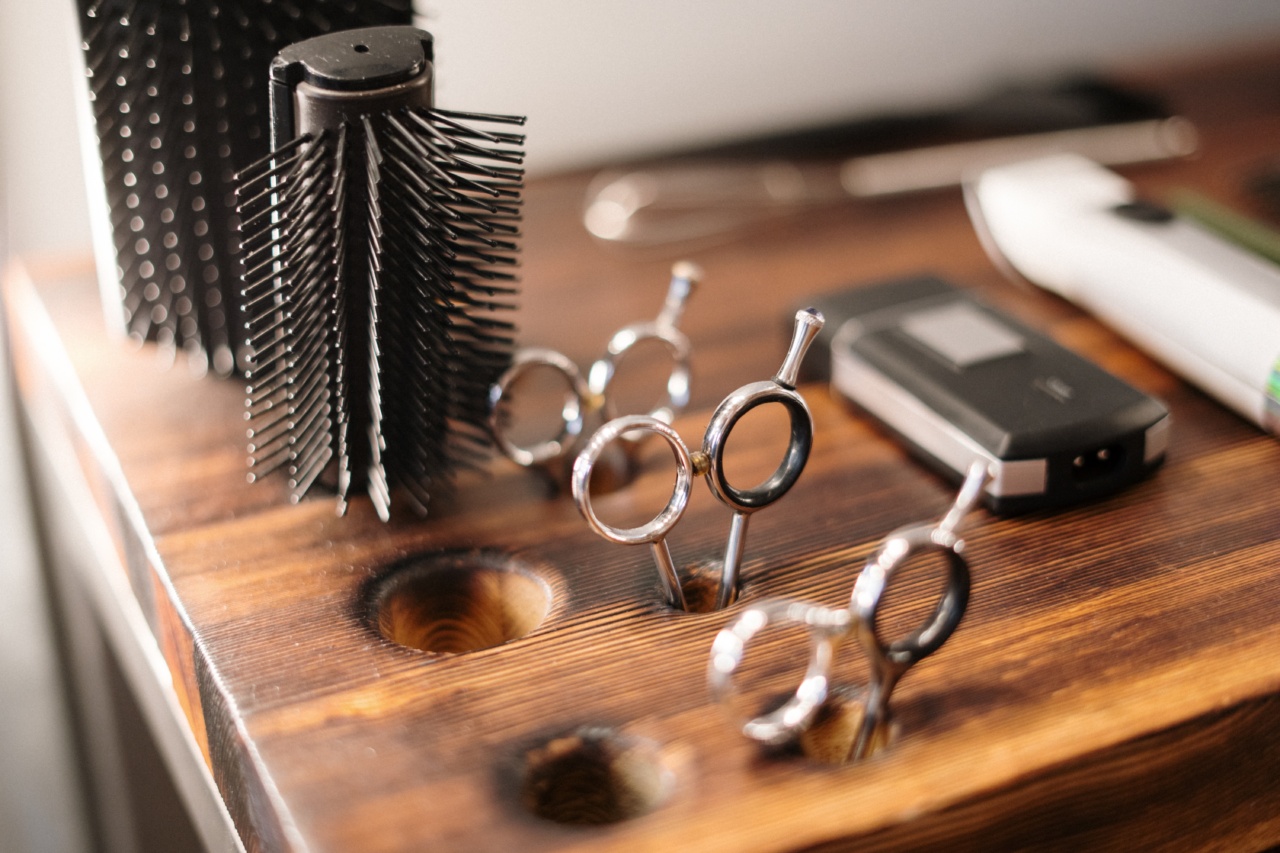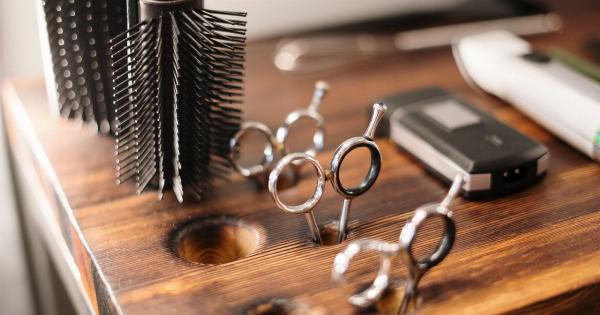While we know that our hair can reveal a lot about us, from our personality to our hygiene habits, did you know that it can also reveal what nutrients we are lacking in our diet? In this article, we will explore the different dietary deficiencies that can be detected through hair analysis and how you can make changes to your diet to prevent these deficiencies.
What is Hair Analysis?
Hair analysis is a non-invasive test that involves taking a small sample of hair and analyzing it to determine levels of different minerals and nutrients in the body.
This method is widely used to identify nutritional deficiencies and excesses, as well as other health concerns.
The Role of Nutrition in Hair Health
Our hair is made up of a protein called keratin, which is produced by hair follicles. A diet deficient in essential nutrients can cause hair to become brittle, dull, and prone to split ends and breakage.
On the other hand, a well-balanced diet that includes a variety of vitamins and minerals can help promote healthy hair growth and prevent hair loss.
Vitamin Deficiencies
Vitamins are essential micronutrients that the body needs in small amounts to maintain good health. Vitamin deficiencies are common and can result in a variety of health issues, including hair loss and thinning.
The following are some of the most common vitamin deficiencies identified through hair analysis:.
Vitamin D Deficiency
Vitamin D is an essential nutrient that is primarily produced by the body when exposed to sunlight. However, many people do not get enough sun exposure or consume enough vitamin D-rich foods to meet their daily needs.
A deficiency in vitamin D can cause hair to become thin and brittle, and can also contribute to hair loss.
Vitamin B12 Deficiency
Vitamin B12 is another essential nutrient that plays an important role in hair health. It helps to produce red blood cells, which carry oxygen and nutrients to the hair follicles.
A deficiency in vitamin B12 can result in hair thinning and loss, as well as changes in hair color and texture.
Vitamin C Deficiency
Vitamin C is a powerful antioxidant that helps to protect against the damage caused by free radicals. It also plays an important role in collagen production, which is essential for healthy skin, hair, and nails.
A deficiency in vitamin C can lead to dry and brittle hair that is prone to breakage.
Mineral Deficiencies
Minerals are essential nutrients that the body needs to function properly. They play a variety of roles, from building strong bones and teeth to promoting healthy hair growth.
The following are some of the most common mineral deficiencies identified through hair analysis:.
Zinc Deficiency
Zinc is an essential mineral that is involved in many important processes in the body, including hair growth and repair. A deficiency in zinc can lead to hair thinning and loss, as well as changes in hair color and texture.
Iron Deficiency
Iron is another essential mineral that is important for hair health. It helps to produce hemoglobin, the protein in red blood cells that carries oxygen and nutrients to the hair follicles.
A deficiency in iron can result in brittle, thinning hair that is prone to breakage.
Magnesium Deficiency
Magnesium is a mineral that plays an important role in many processes in the body, including muscle and nerve function. It is also important for healthy hair growth. A deficiency in magnesium can cause hair to become thin, dry, and brittle.
How to Prevent Dietary Deficiencies
Preventing dietary deficiencies requires a balanced and varied diet that contains a variety of vitamins, minerals, and other essential nutrients. Some tips for maintaining good nutrition include:.
Eat a Balanced Diet
Include a variety of fruits and vegetables, whole grains, lean protein, and healthy fats in your diet to ensure that you are getting a variety of nutrients.
Take Vitamin Supplements
If you are not getting enough of certain vitamins from your diet, consider taking a supplement. However, it’s important to speak with your doctor before starting any new supplement regimen.
Get Enough Sun Exposure
Get outside and spend time in the sun to ensure that your body is producing enough vitamin D. Just make sure to protect your skin from sun damage with sunscreen and protective clothing.
Conclusion
Our hair can reveal a lot about our nutritional status, and hair analysis can be a useful tool for identifying dietary deficiencies.
By maintaining a well-balanced diet that includes a variety of vitamins, minerals, and other essential nutrients, you can promote healthy hair growth and prevent hair loss.





























